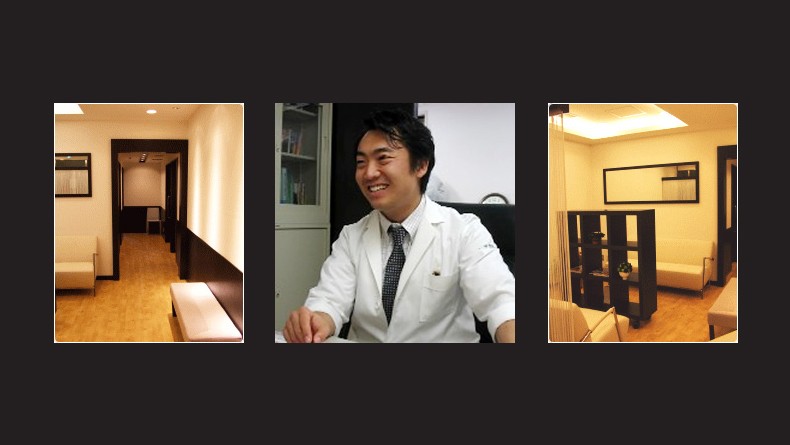K Ladies Clinic Shinjuku: An Untapped Resource
Finding a gynecologist in Tokyo can be a struggle for expat women. Several clinics offer services in English, but many of those don’t accept Japanese national health insurance. One excellent option—and one that is not very well known—is K Ladies Clinic in Shinjuku.
Located in the Shinjuku Center Building (a brown building just across the street from the Cocoon Tower), K Ladies Clinic is staffed by Dr. Kawagoe, who studied English in Boston. The clinic does accept national health insurance, but note that payment must be made in cash. In case you forget this before your visit or don’t have enough on hand, there is a Seven Bank ATM located in the lobby of the Shinjuku Center Building.
Some of the services K Ladies Clinic provides include birth control, emergency contraceptives (the morning after pill), the HPV vaccine, Pap smears, and treatment for urinary tract infections. The clinic only takes walk-ins, and it’s best to arrive at the beginning of office hours to avoid a wait. Not all the staff speak English, but they’re very kind and willing to help in any way they can. A little Japanese will go a long way.
Dr. Kawagoe, however, speaks fluent English. He’s friendly, thorough, and always makes sure I understand medicinal instructions completely. He’s been with K Ladies Clinic for the past seven years. He sat down with Savvy Tokyo to answer some frequently asked questions about women’s health.
What screenings should women do regularly, and how often? Does this increase with age?
The JSOG (Japan Society of Obstetrics and Gynecology) recommends that women aged 18 to 60 should receive a Pap Smear test annually. Women 35 or over should receive a mammogram once every two years. (Unfortunately, I don’t provide mammograms at my clinic.)
What are the most common mistakes women make in regards to their health?
Many people think, “I don’t have an STI, because I don’t feel anything wrong.” This thinking is completely incorrect. Almost all STIs (sexually transmitted infections) are asymptomatic. For example, chlamydia is the main cause of infertility, so women who are sexually active should receive STI screenings regularly.
Are there any symptoms women should worry about?
Menstrual problems (irregular, heavy flow, etc.) can be a sign of serious gynecological problems.
What are some solutions for extreme menstrual pain?
Birth control pills are the best solution. Birth control pill users no longer experience menstrual pain.
About what percentage of your clientele are foreign women? What services are they most interested in?
I’d say about one percent. They’re most interested in birth control or emergency contraceptives.
It seems K Ladies Clinic is an untapped resource for many expat women in Japan who need advice, screenings, and treatment in English. For more information, please check the out the clinic’s website, which is available in both English and Japanese.
The Deets
Address: 5F Shinjuku Center Building, 1-25-1 Nishi Shinjuku, Shinjuku-ku, Tokyo
Tel: 03-3343-9555
Open: Mon, Wed–Sat, 11 a.m.–12:30 p.m. and 2:30–6:30 p.m.; Sun, 11 a.m.–12:30 p.m. and 2:30–5:30 p.m.












